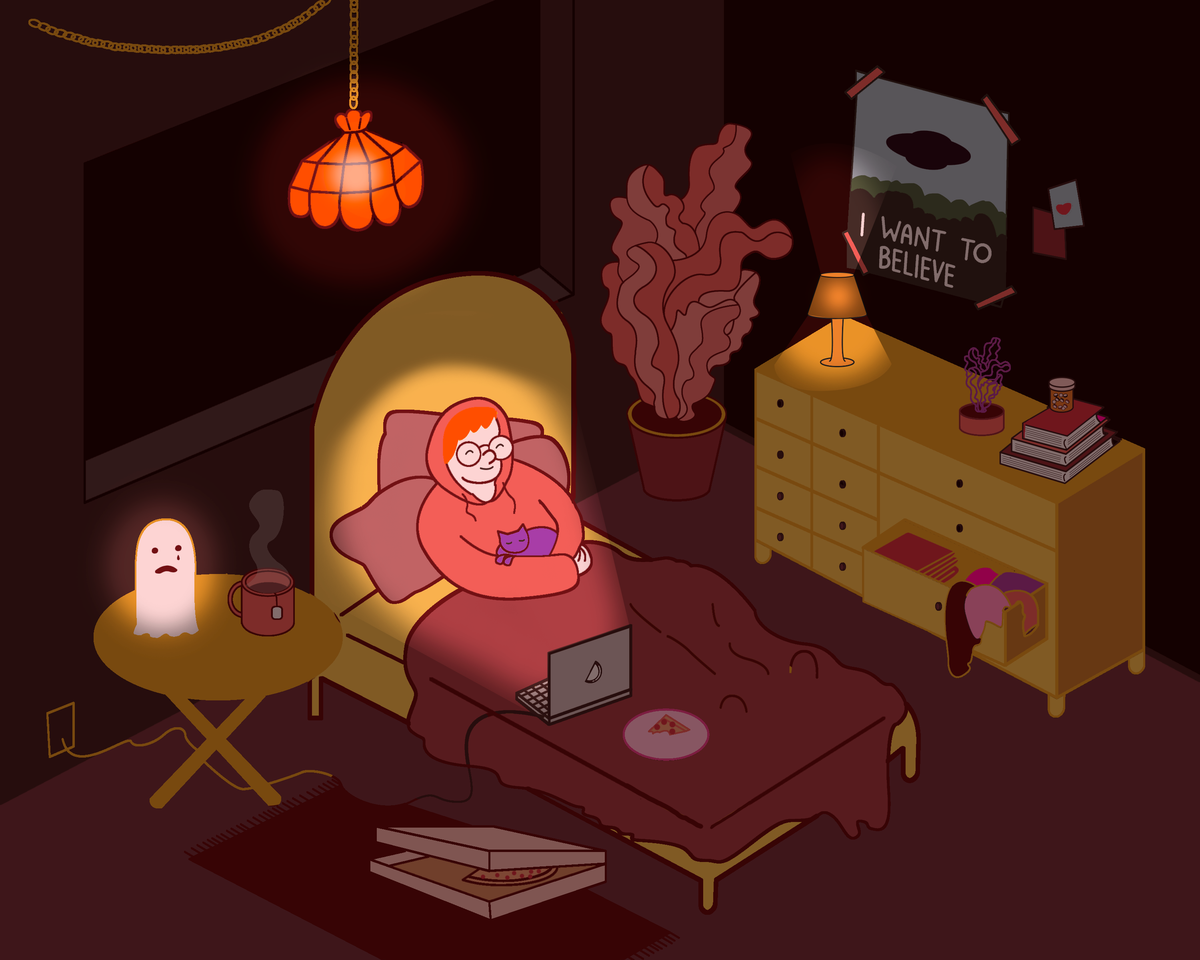It’s finally happening. Soon, we’ll get the break we all deserve. We at The Concordian think it’s safe to assume that this semester has been hectic and exhausting for most of us.
The seemingly infinite weight of deadlines, assignments, projects, essays—we cannot wait until everything is finally submitted and done with. We thought it would be a good idea to dedicate this last editorial of the semester to promoting a radical idea: you can be lazy this upcoming break.
A recent CBC Radio piece highlighted why we should stop being so obsessed with productivity. “We tend to judge other people and their status by the number of hours of work they put in every week,” Brad Aeon, a researcher at Concordia’s John Molson School of Business, told the CBC. The piece also featured some of Aeon’s rules about time management, which include prioritizing leisure time over work and being clear about your boundaries. His research emphasizes that it’s OK to set your own limits and disregard other people’s expectations about how much a person should work.
Perhaps taking a step away from a productivity-oriented lifestyle doesn’t have to mean a lesser work output. One of the fundamental pillars of behavioural psychology is that positive reinforcement creates desirable behaviour patterns. It’s important to reward yourself as a means of self-care, but also because this will ultimately lead to a lifestyle that effectively balances responsibilities in healthy ways. Rewards are what make hard work meaningful. If you take the time to let yourself experience them, you will be more driven when it’s time to work again.
Developing a rhythm of hard work mixed with downtime is not encouraged in our super productive, go-go-go society. We often celebrate overworking ourselves to the brink of exhaustion and dismiss the importance of finding a healthy relationship with our work. In fact, in Aeon’s research, he noticed a tendency for people to view productivity as an investment in their happiness. With this mentality, productivity takes on a sort of desperate, addictive quality that consistently leaves people unsatisfied with their performance level. This contributes to an environment in which everyone is constantly working themselves to the extreme and reinforcing an unrealistically high standard for work output. Aeon proposes an important idea that happiness doesn’t lie in overworking yourself, but rather in taking lengthy amounts of time for self-care.
We do realize, however, that this is all easier said than done. Taking time for yourself can be guilt-inducing. As students, most of our free time is overshadowed by impending deadlines for assignments or projects, and so moments of self-care can feel like simple procrastination. There is no easy answer for how to combat this feeling during the semester—sometimes there simply isn’t enough time for self-care, and the boundaries between self-care and procrastination can become blurred. That is precisely why it is so important to let yourself experience the reward of relaxation during the winter break.
Of course, your break will not be void of responsibility or anxiety. You may be working full-time, Christmas shopping or attending stressful family gatherings. But you can still take a break from less urgent pressures in your life. At the end of the semester, the stress of school is replaced by other anxieties—like getting work experience, reading books or making new friends—and while these may be important, remember that it is OK just to chill out for a few weeks after a taxing semester. We at The Concordian celebrate guilt-free self-care and taking an adequate amount of time to focus on yourself. Enjoy your break!
Graphic by @spooky_soda
